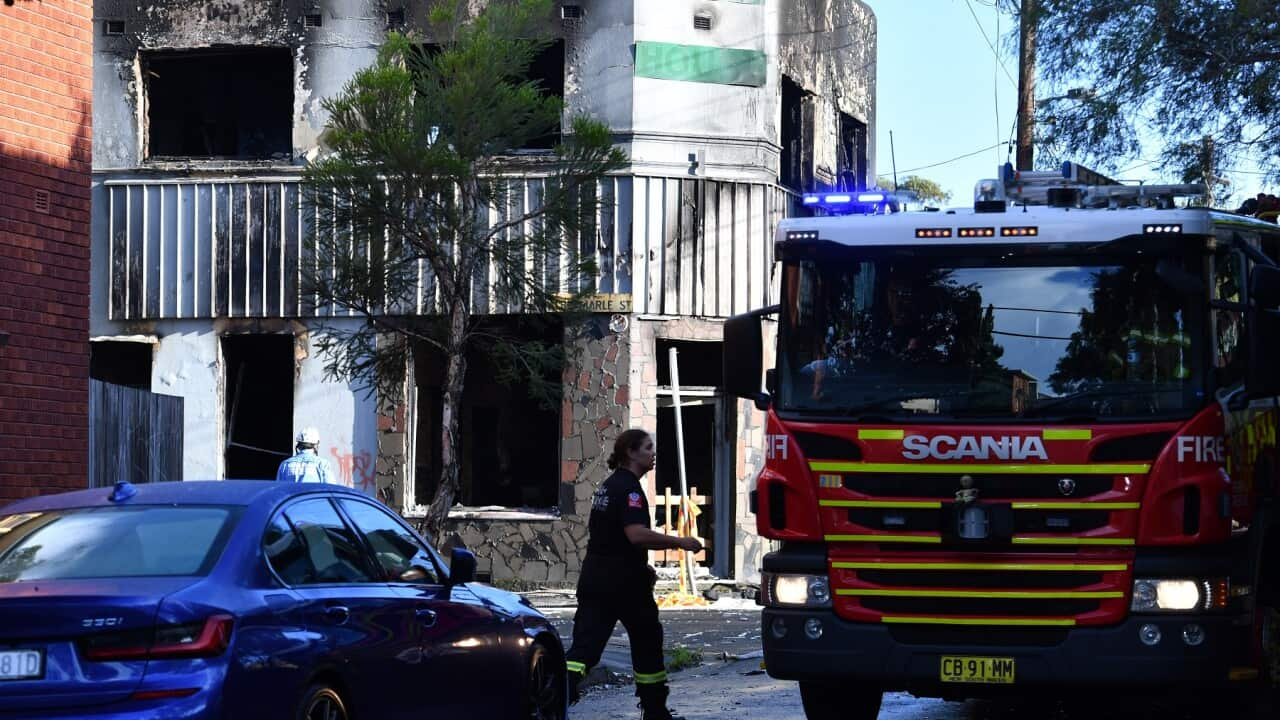Superintendent Adam Dewberry of Fire and Rescue NSW emphasizes the following safety precautions: Avoid charging batteries while sleeping or away from home. Disconnect devices once fully charged. Do not use and charge devices simultaneously in bed to prevent overheating and fire hazards. Avoid using or charging batteries that are damaged, leaking, swelling, or overheating.
- Make sure a smoke alarm or heat alarm is working in rooms where batteries are charged or stored.
- Superintendent Adam Dewberry of Fire and Rescue NSW advises to prevent electrical fires by not overloading powerpoints and powerboards. Regularly check electrical leads for damage and faults, and never use faulty leads or appliances. "Store electric blanket safely by rolling, not folding it and before going to bed, turn off all electrical appliances at the powerpoint.
 Migrants watch a large fire as it burns inside the Moria refugee camp on the northeastern Greek island of Lesbos, late Monday, Sept. 19. 2016. Source: AAP, AP / AAP Image/AP Photo/Michael Schwarz
Migrants watch a large fire as it burns inside the Moria refugee camp on the northeastern Greek island of Lesbos, late Monday, Sept. 19. 2016. Source: AAP, AP / AAP Image/AP Photo/Michael Schwarz



